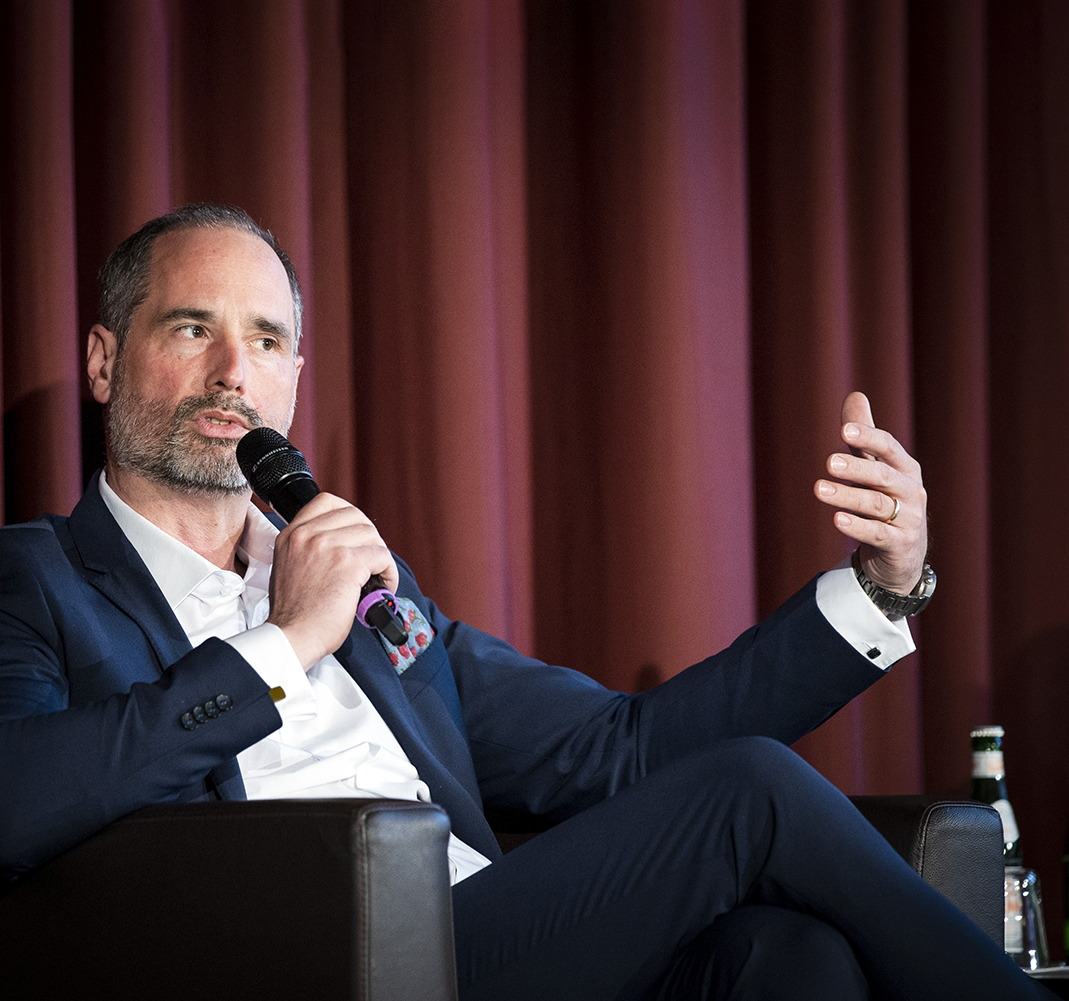"To retain industrial value creation in Germany and Europe and to continue to be able to provide competitive public transport, appropriate infrastructure and production facilities need to be maintained in European locations. To make this possible we urgently need to formulate stronger local content requirements for European project tenders – in the same manner that other countries already do this. Only in this way will it be possible to prevent industrial know-how and jobs from leaving Germany and Europe", emphasized Förster during the discussion session in Berlin.
Also participating at the event were Anna Cavazzini, Member of the European Parliament and Chair of the Committee on the Internal Market and Consumer Protection, Rupert Schlegelmilch, Director of the Directorate General for Trade of the European Commission, Dr. Michael Haidinger, President of Boeing Germany, Dr. Arnt Vespermann, Chief Executive Officer of Hamburg-Süd, and Dr. Kurt-Christian Scheel, Managing Director of the VDA (Verband der Automobilindustrie).
"Made in Europe" rules and EU local content requirements are needed
In the discussion of globalization and international supply chains, the HÜBNER General Manager sounded a warning regarding the increasing protectionism occurring outside of the European Union, which is evident in increasingly strict localization requirements. As a consequence of these requirements, only two thirds of the worldwide railway market is even accessible to European railway market suppliers, while at the same time the European market is entirely open to state-subsidized companies from non-European countries. "Non-EU companies can win tenders for projects in Europe while offering products that are produced nearly completely outside of the EU," explained Förster in describing the current situation. A further weakening of Europe as a production location as well as negative effects on the job market within the Union are unavoidable under these circumstances, according to Förster.
"To prevent company closings, site relocations and job losses, we need a clear political commitment from Brussels for multilateral free-trade agreements and a European trade policy that is based on openness, assertiveness and sustainability," said the HÜBNER General Manager, reaffirming his demand to policymakers that EU local content minimums be established and "Made in Europe" rules be strongly supported for European projects.


